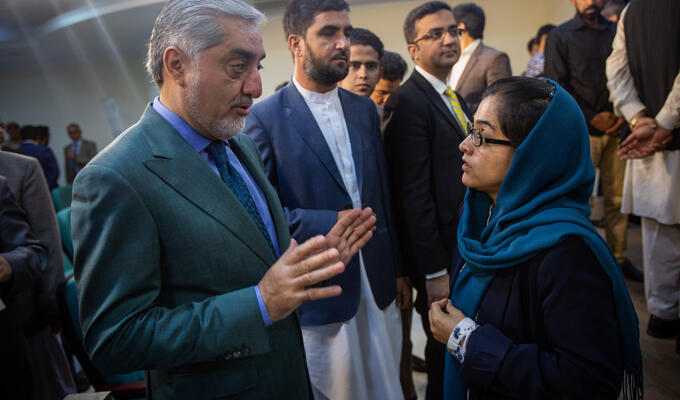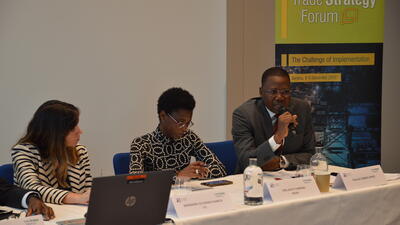


Export strategy design and management
Overview
Summary
Developing countries pursue better socio-economic conditions. To enhance their competitiveness and grow in a sustained manner, they need a clear direction: a sense of what is to be achieved, and how.Trade development strategy meets this need; it provides policy makers, trade and investment support institutions, enterprises and other private sector stakeholders alike with an agreed, coherent framework and set of actions designed to nurture an inclusive and sustainable economic environment which leverages trade as a robust driver of development.
The core work of the project lies in supporting the design and implementation management of national, sectoral, regional or functional (cross-sector topics) trade strategy solutions, facilitated through public-private sector dialogue. This process mainstreams trade into national development plans, and addresses social values such as poverty-reduction, gender equity, youth, employment, the environment and regional integration. Trade strategies serve both as effective policy instruments and as action-oriented roadmaps, designed to boost export performance, stimulate growth and achieve development impact.
Over the past 14 years, the International Trade Centre (ITC) has facilitated over 100 trade strategies in more than 50 countries, as well as a number of multi-country, regional strategies. Demand has continued to increase; currently ITC has pending requests for assistance from: Botswana, Indonesia, Kenya, Mali, Moldova, Nigeria, Nepal, Suriname, St, Vincent and the Grenadines, Togo, Tunisia, the Ukraine, Tuvalu and Zambia, among others.






